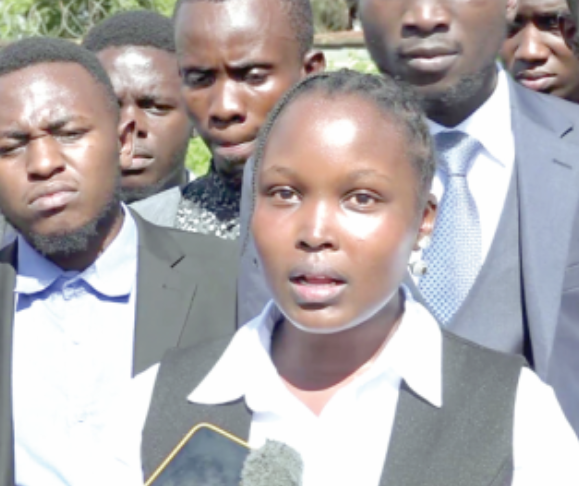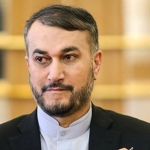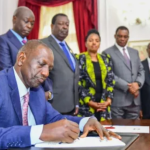University and college students are protesting against a plan to reduce education loans by Sh3.7 billion, arguing that it will hinder thousands of needy students from accessing higher education.
The National Treasury has proposed cutting the budget allocated to the Higher Education Loans Board (HELB) by Sh3.7 billion in the 2024/2025 financial year, with a proposed allocation of Sh33.3 billion, representing a 10 percent reduction from the previous allocation. This reduction would result in students receiving a revised range of Sh37,000 to Sh47,000, down from the previous range of Sh35,000 to Sh60,000.
Leaders of university students are demanding the removal of this proposal, stating that it will disproportionately affect students from low-income families, many of whom are already struggling in the current economic climate. Led by Naomi Chebet, president of the Kenya Methodist University student association, these leaders emphasized the increasing number of needy students relying on HELB for education funding and argued that the proposed cut would hinder the dreams and careers of thousands of young Kenyans.
“If you compare 2017 and right now, the number of students in higher learning institutions has significantly increased by around 200,000,” Chebet said.
“If anything should be done to HELB, it should be increasing the money it offers to cater for the increased number of students. Education has become quite expensive for parents and we would urge parliamentarians to quash the proposal and advocate for an increase.”
Boniface Ododa, the Kenyatta University student leader, echoed Naomi Chebet’s sentiments, labeling the proposal as ill-timed and contradictory to the government’s agenda of facilitating access to higher education for all Kenyans.
Ododa emphasized the crucial role played by HELB in bridging the gap between the wealthy and the underprivileged, ensuring that even those at the bottom of the socioeconomic pyramid have access to higher education. He highlighted the financial struggles thousands of Kenyan students and their parents faced, emphasizing the importance of maintaining support for university education in such challenging circumstances.
“We demand that they stop the reduction and instead increase the amount they give students to facilitate the increased numbers in our universities,” Ododa said.
‘The government should stop the scheme to make education a preserve of the rich when it should be a unifying factor in our country.”
Evans Machanga from Chuka University pointed out that reducing aid from HELB would jeopardize the completion of studies for current beneficiaries who solely rely on loans. The students called on the Treasury to abandon the proposal and urged MPs not to approve it. Instead, they advocated for an increase in the HELB budget to support more deserving students. Additionally, the students weighed in on the dispute between the doctors’ union KMPDU and counties, noting that medical interns are graduates with degrees, not students.
Naomi Chebet, a medical science student, suggested that if the government cannot provide fair remuneration to medical interns, it should consider licensing all medical students upon graduation.



